One of my favourite suggestions for people is to create a magical morning. What is that? Well, research has shown that starting the day with positive intentions and a calm nervous system can lead to a peaceful and productive day. Conversely, if you press snooze until the last possible moment and then rush around to get the day started, always feeling like you're 10 steps behind, it creates an entirely different energy for the day.
It's so common for people to tell me that they feel like they are on a hamster wheel, or don't have any time for themselves. Choosing to start the day differently can help to shift out of this mode.
One key here, though, is to get to bed on time so that you aren't sacrificing important sleep as well. Truly, most people will admit that once they get started on this new routine, they appreciate their mornings more than they do nighttime cleaning or TV watching.
How long does this time need to be?
Really anywhere from 30-60 minutes, depending on how you would like to use the time.
So, you're up... now what?
This is up to you! It's you're time! In the summer, my preference is to go outside with a cup of coffee or a smoothie (made the night before to avoid noise). Then, I look at the sky, appreciate all the nature around me, and walk my dog around. Other times of year I will do gentle morning yoga, HIIT exercises, Insight Timer meditations or read for awhile. Some people like to journal or make their plans for the day. Regardless, the goal is to gently move into the day gratefully and with positive intention.
Morning sunshine has tremendous benefits for the cortisol awakening response, circadian rhythm (it actually helps your sleep!), lowering inflammation, balancing hormones, supporting the immune system and improving energy. Living a healthy lifestyle is how we build true health.
If you haven't tried this yet, I challenge you to give it a shot!
Can't make it happen?
If you are having trouble falling or staying asleep or you wake up super tired, then you need to chat with me. Yes, some of us are just natural night owls, but other times there's something else going on like low iron, anxiety, or poor blood sugar regulation. There's lots we can do to figure this out.
Let me know how it goes :)
I hope that you are having an awesome summer,
Dr Christa






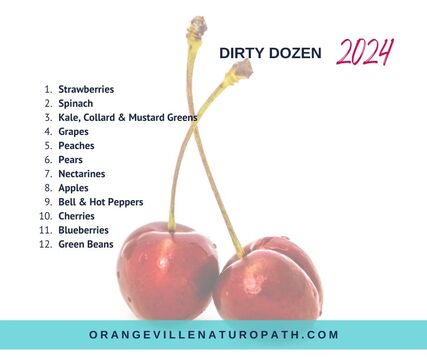

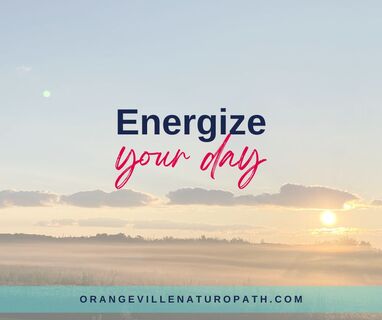

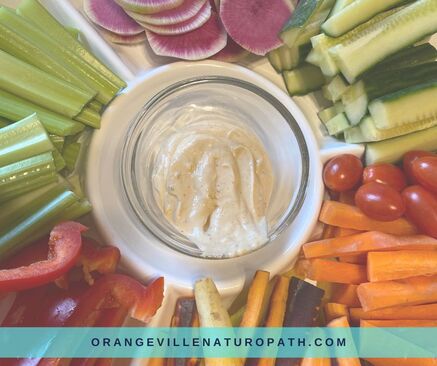
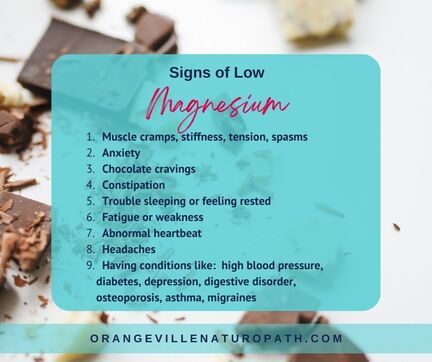




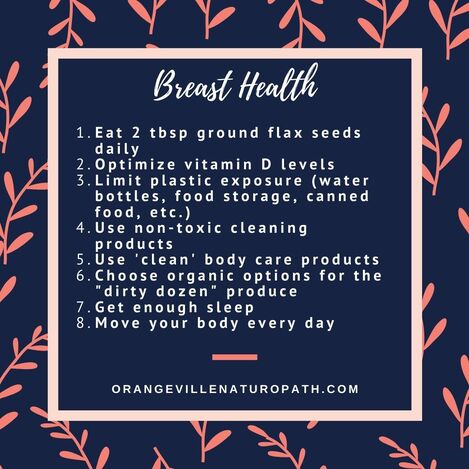

 RSS Feed
RSS Feed